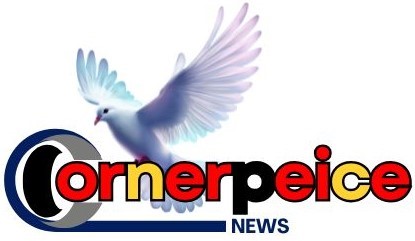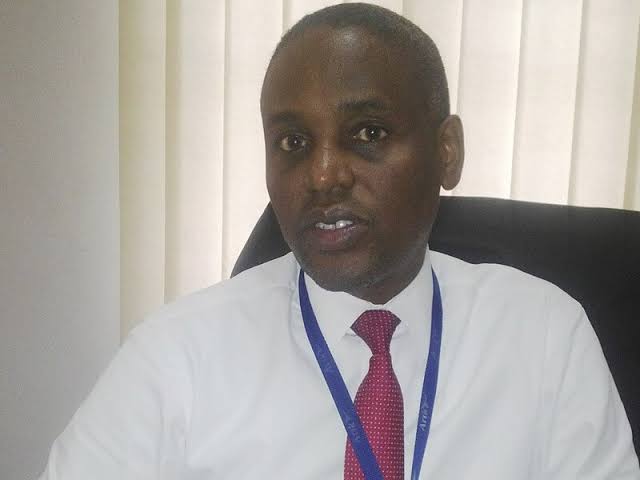The Federal Government has been urged to reverse its decision over the attempt to collect a $300 helicopter landing charge from businesses that offer shuttle services to Nigerian oil and gas firms.
In a Lagos interview with aviation journalists, Capt. Ado Sanusi, the CEO of Aero Contractors, who made the call, added that there was no regulatory structure for the price.
Furthermore, Sanusi maintained that the business requesting the charge, NAEBI Dynamic Concepts Ltd., had not rendered any services that would have justified reimbursement for costs.
He stated that the corporation may have argued for the collection of the payment if it had offered any infrastructure, such as improving communications or any other type of service, but that the company did not provide any services.
Sanusi argues that the $300 fee was not included in the International Civil Aviation Organization’s (ICAO) cost recovery fees, stating that a business or government must first invest in consumers’ valued infrastructure or equipment before requesting reimbursement.
He explained: “For example, if I invest in radios or navigational aids, I will inform the clients that I am making this expenditure and that I hope to recover it over a five-year period. However, no money is being invested in this one.
“They should display the investment they have made in communication, navigation, or surveillance if they or the company claim to have made one.
You just imposed a levy without making any investments, and you are not a government agency to declare that you wish to impose taxes on citizens.
Sanusi clarified that the oil business refused to pay the charge because it lacked a basis, even though the Ministry of Aviation and Aerospace Development had ordered it to be done.
Read Also: ANAP Demands Action from Keyamo on Aviation Board Appointments
According to Sanusi, the helicopter operators also pay the Nigerian Airspace Management Agency (NAMA) for landing, navigation, and terminal fees, among many other fees to the appropriate government organizations.
Sanusi questioned the ministry’s and NAMA’s insistence on the levy payment.
Oil and gas businesses that operate in fields, terminals, platforms, rigs, helipads, airstrips, aerodromes, and FPSO units were given a seven-day notice period by NAMA in June to start paying the fees.
According to NAMA, the fee was consistent with international best practices as well as the International Civil Aviation Organization’s (ICAO) standard and advised practice.
Additionally, it stated that the ICAO member states in the Americas, Asia, and Europe were currently collecting the tax.
Almost a month after the ultimatum’s expiration, the oil and gas corporations disregarded NAMA’s threat that there would be no turning back from the levy collection.
NAMA claims that these taxes were necessary to continue maintaining, modernizing, and acquiring air navigation infrastructure, which is vital for the safe and effective administration of Nigerian airspace, especially in light of the expanding use of fixed-wing, drone, and helicopter operations.
Over the previous four years, there had been constant squabbling between the government, oil firms, and helicopter operators.



